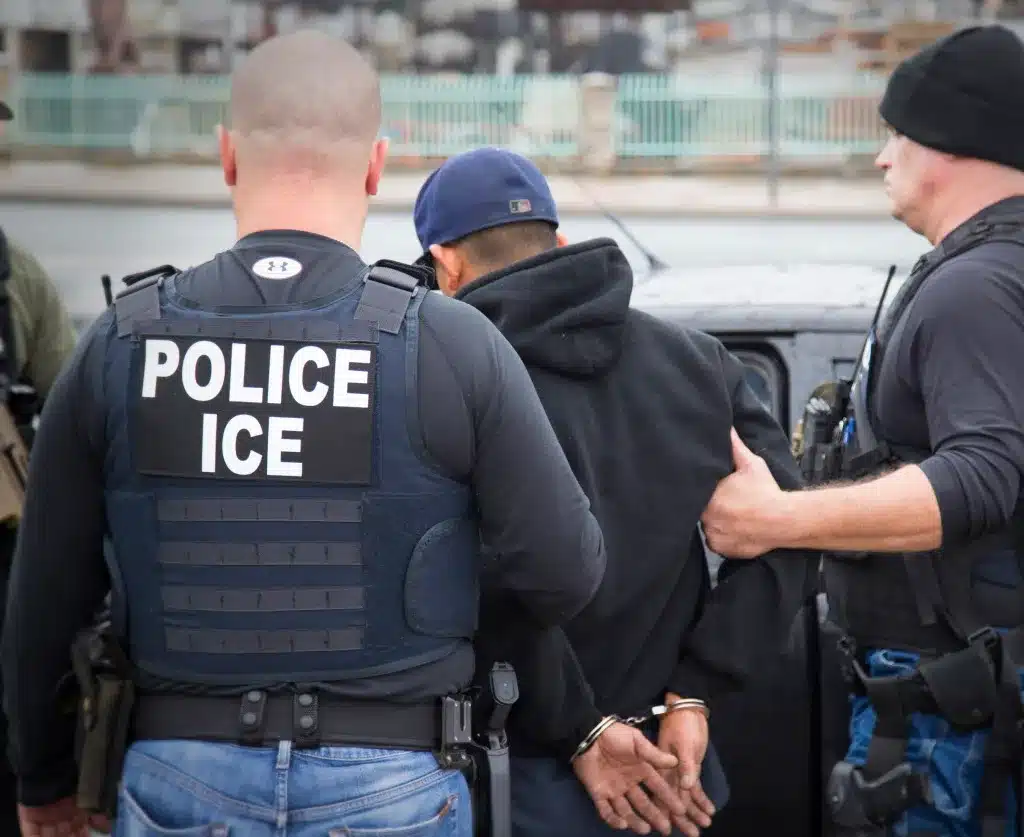
The introduction of “juvenile dockets” in 49 immigration courts across the U.S. by the United States Immigration and Customs Enforcement (ICE) represents a noteworthy shift in addressing the needs of Caribbean and other migrant children and teenagers in immigration proceedings. Led by ICE’s principal legal advisor, Kerry E. Doyle, this initiative aims to provide child-centered support for young migrants, particularly those who may be victims of human trafficking or child exploitation. While this approach is commendable in its intent, it warrants a balanced examination of its potential effectiveness and challenges.
On the positive side, the establishment of juvenile dockets suggests a recognition of the unique vulnerabilities faced by migrant children and teenagers. Specialized handling of their cases could lead to more informed and sensitive decision-making. The training of OPLA (Office of the Principal Legal Advisor) staff in identifying signs of child exploitation and understanding protection avenues is a step towards ensuring that these young individuals receive appropriate support and guidance throughout their immigration proceedings.
However, the effectiveness of this initiative depends heavily on the actual implementation and the depth of training provided to the staff. The U.S. immigration system has faced criticism in the past for its handling of juvenile cases, often lacking in sensitivity and adequate legal representation for minors. This new system needs to demonstrate a significant improvement over previous practices to gain trust and credibility.
Another point of scrutiny is the framework developed by OPLA for managing these cases. While the intention to streamline prosecutorial discretion and collaborate with legal representatives and NGOs is a positive development, it raises questions about the capacity to handle these cases with the care they require. Will this framework be flexible enough to accommodate the complexities of individual cases, or will it lead to a one-size-fits-all approach that fails to serve the best interests of each child?
Moreover, the anticipated collaboration with attorneys, NGOs, and nonprofit organizations is a promising aspect, potentially bridging gaps in legal representation and advocacy for juvenile noncitizens. This external support could be crucial in ensuring fair and comprehensive adjudication of cases.
While the ICE initiative of establishing juvenile dockets for migrant children and teenagers is a step in the right direction, its success will largely depend on its implementation. It is essential to maintain a watchful eye on how these dockets operate in practice and to ensure that they truly serve the best interests of the children involved. A balanced approach in evaluating this initiative will be key to understanding its impact and effectiveness in addressing the complex needs of young migrants.



 and then
and then